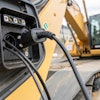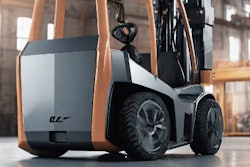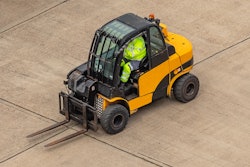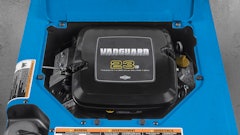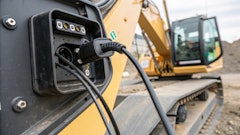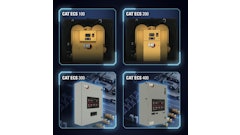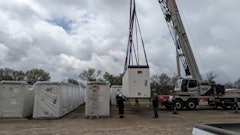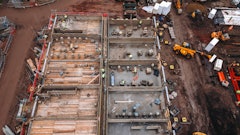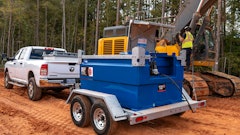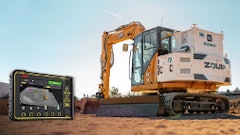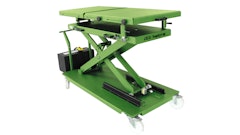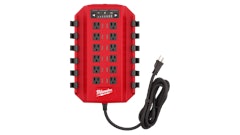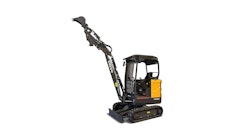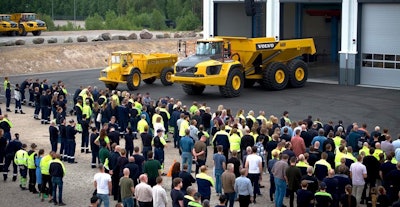
Volvo Construction Equipment (CE) made an investment totaling $40.5 million to develop its facilities in Changwon, South Korea, and Braås, Sweden.
In Changwon, an investment of $7.8 million has been used to build a new battery pack production facility for the benefit of the Volvo Group, while at the Braås plant in Sweden $32.7 million has been used to expand production facilities to accelerate the phased shift to electromobility for articulated haulers.
“The investment in our facilities is an important part of our strategy to drive the transformation towards more sustainable solutions and to help us meet our Science Based Target commitments. We have an ambition to be fossil-free and for 35% of our machine sales to be electric by 2030, so investing in our facilities is another important step on our electrification roadmap," said Kamel Sid, head of operations at Volvo CE.
The new 2,500 square meter facility in Changwon includes assembly and logistics areas, said Andrew Knight, head of excavator industrial strategy and managing director of Volvo Group Korea.
"Our new battery facility in Changwon will produce a range of battery pack solutions for the Volvo Group. In April 2022, we established a mass production line for electric excavators and with the completion of the new battery pack production facility, we can now produce them in-house, from batteries to finished products, saving time and logistics costs."
The new battery pack production facility in Changwon is now operational. The new battery pack will be used in the 23-ton Volvo EC230 Electric excavator which begins mass production in Changwon from August 2024. Changwon is the largest excavator manufacturing site in Volvo CE, producing around 55% of its total excavator volumes and with this investment it will become a core competence center for electric excavators. It is also an ideal location, close to battery module supply partners and other key suppliers in South Korea.
In Braås, the investment has been used to expand the manufacturing facilities at the plant, which specializes in the production of articulated haulers. It will enable the factory to deliver a larger range of articulated haulers with different types of powertrain to reflect the company’s shift toward offering solutions that run on more sustainable power sources. The plant has always been at the forefront of sustainability, it was here that the first articulated hauler in the world was produced using fossil-free steel.
“Our employees at Braås have been instrumental in this project to develop our facilities," said Joakim Karlsson, head of global quality, safety and sustainability, operations at Volvo CE. "As part of the process, we have evaluated our ways of working and introduced improvements that deliver health and safety and ergonomic benefits for our employees, as well as helping us increase productivity. With the new building, we’ve also added height to more easily accommodate production of our 60-ton A60H, the largest articulated hauler in the world.”
The new building will be used for Pre-Delivery Inspection (PDI) and final assembly, with work starting in June.
Volvo CE officials said they are committed to investing in facilities to reduce their environmental impact and has a target to cut emissions across the company's operations, facilities and manufacturing processes by half by 2030. Braås was the first in the construction industry to achieve a carbon neutral operation powered entirely by renewable energy, whilst in Changwon the installation of solar panels will be completed and providing renewable energy by late August this year.

